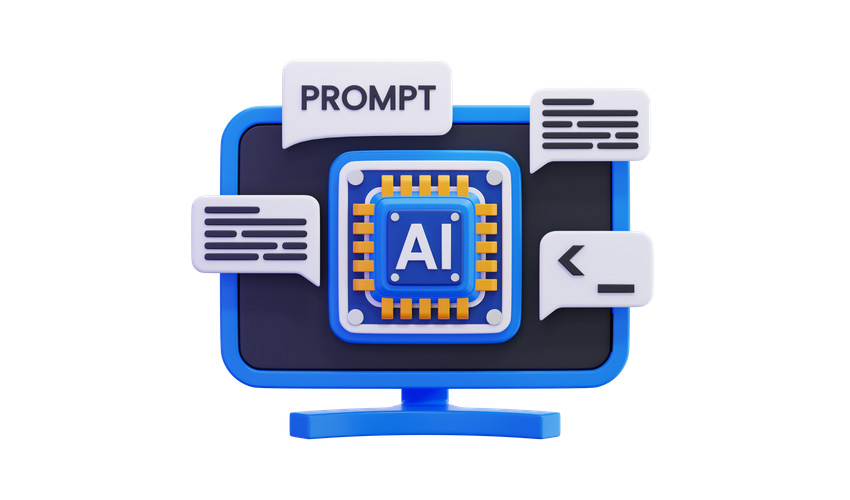Getting the Best AI Tools for Your Practice
In today’s rapidly evolving technological landscape, artificial intelligence (AI) has emerged as a transformative force across various industries. For professionals looking to enhance their practice, leveraging the right AI tools can lead to improved efficiency, better decision-making, and ultimately, superior outcomes. Here’s a guide on how to choose the best AI tools for your specific needs.
Understanding Your Needs
Before diving into the world of AI, it’s crucial to assess your specific requirements. Consider the following questions:
- What are the key challenges in your practice?
- Identifying pain points will help you determine which AI solutions can provide the most value.
- What tasks can be automated?
- Look for repetitive tasks that can be streamlined through automation, such as scheduling, data entry, or client follow-ups.
- What data do you have?
- Many AI tools thrive on data. Understanding the data you have and how it can be utilized is critical for selecting the right tool.
Researching AI Tools
Once you’ve outlined your needs, it’s time to research available AI tools. Here are some popular categories to consider:
- Natural Language Processing (NLP) Tools:
- If your practice involves significant document processing, consider AI tools like Grammarly or ChatGPT for content creation and text analysis, helping to enhance communication and documentation efforts.
- Data Analysis Tools:
- Tools like Tableau or Google Analytics can help visualize data, offering insights that guide decision-making, whether for business strategy or client management.
- Customer Relationship Management (CRM):
- AI-driven CRMs like Salesforce use machine learning to analyze customer interactions and improve engagement strategies, allowing for personalized client experiences.
- Automation Tools:
- Platforms like Zapier or Automate.io facilitate workflow integration, helping you connect various applications and automate repetitive tasks without needing programming skills.
- Predictive Analytics Tools:
- Solutions like IBM Watson can analyze historical data and make predictions, helping professionals in sectors like healthcare or finance make informed decisions based on trends.
Evaluating Options
After narrowing down your choices, evaluate each tool based on the following criteria:
- Ease of Use:
- Look for tools with user-friendly interfaces and comprehensive support resources that require minimal training for you and your team.
- Integration Capabilities:
- Ensure that the AI tool can seamlessly integrate with the systems and software you’re already using, promoting better efficiency.
- Scalability:
- Consider whether the tool can grow with your practice. Choose solutions that offer flexibility and can adapt as your needs evolve.
- Customer Support:
- Robust customer support can be invaluable, especially during the initial stages of implementation. Research user reviews and service offerings.
- Cost:
- Finally, assess the pricing model and ensure it fits within your budget. Some tools offer tiered pricing, which can be beneficial as you scale your usage.
Implementation
Once you’ve selected the best AI tools for your practice, the implementation phase is crucial. Here are some steps to ensure a smooth transition:
- Training:
- Provide training sessions for yourself and your team to maximize the utility of the new tools.
- Pilot Testing:
- Start by using the AI tool with a smaller segment of your practice before a full-scale rollout. This allows you to troubleshoot any issues that arise.
- Gather Feedback:
- Regular feedback from users can help you identify any difficulties and optimize the use of the tool.
- Monitor Performance:
- Continuously assess the impact of the AI tool on your practice. Analytics and performance metrics can offer insights into its effectiveness.
Conclusion
Selecting the best AI tools for your practice involves a thoughtful approach, balancing the needs of your practice with the capabilities of various solutions. By understanding your objectives, conducting thorough research, and evaluating each option based on key criteria, you can find tools that not only streamline operations but also enhance the overall quality of your services. Embrace the power of AI, and watch your practice thrive in this digital age.


